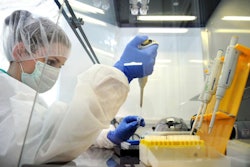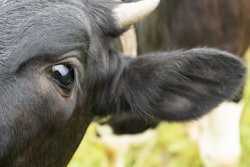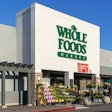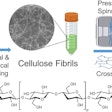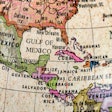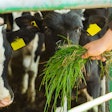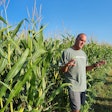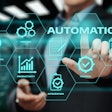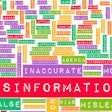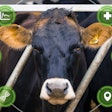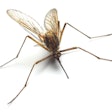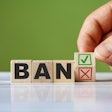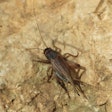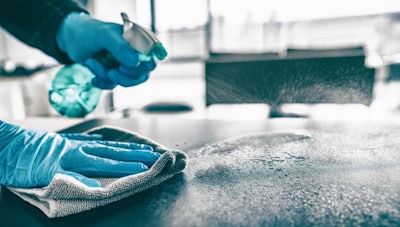
For those who work in the agrifood industry, biosecurity is second nature. What can people outside the industry learn from what we already know about disease mitigation?
The novel coronavirus (COVID-19) pandemic has everyone thinking more about the cleanliness of the air and surfaces around them. This includes companies that are increasingly looking for ways to keep their employees and customers safe and healthy while continuing to conduct business.
For companies in the agrifood space, biosecurity is almost second nature.
“It is fundamentally enlightening to a lot of lay people to recognize the lengths in which individuals in our animal industry take to protect the health and safety of the animals and, by default, the health and safety of the consumers,” said Tony Lupo, senior director of technical service at Neogen Corp., during the recent webinar, “People-based biosecurity solutions.”
Even so, some businesses are looking to step it up by implementing new technology or by increasing the use of some tried-and true-methods. Bloomberg recently reported that Smithfield Foods has installed ionized hydrogen peroxide vapor technology at some of its production facilities to “clean” the air. Other companies are simply cleaning more often and putting more focus on sanitizing more surfaces with disinfectant sprays, wipes and hand sanitizers.
“Businesses that never had to think about biosecurity before have to think about it now because they have to keep their staff healthy and they certainly don’t want to get contact traced to an outbreak occurring at their store,” said Joe Lyman, Neogen’s director of professional services and product development. “I see basic biosecurity steps definitely being integrated more and more into daily life.”
Veterans of the animal ag space are accustomed to combating disease threats, but they are usually focused on the animals rather than the people. But while COVID-19 makes people sick, it still affects animal production.
“Typically, when we’re dealing with disease outbreaks, we’re worried about the impact that it has on the animals,” said Stuart Heller, sales manager at Neogen. But with COVID-19, “where the impact has come has been with people. It doesn’t matter which industry it is … when people get sick from this virus, whatever the duration might be, it hurts production. It makes the economy grind to a halt.”
Katlyn Connelly, product manager at Neogen, agreed, saying disease prevention keeps people, animals and the economy healthy.
“Obviously, there’s the health impact of the people, but what we’ve seen in animal production throughout the years is there’s always an economic impact,” she said. “Us preventing those diseases from getting in is ultimately prolonging the economic benefits of the producers and consumers.”
However, it’s hard to take the lessons learned from animal ag and incorporate them into daily human life. To oversimplify it: If you have a sick pig, you quarantine it from the rest of the herd and the problem is (mostly) solved. But it’s not that easy to get humans to follow the rules to mitigate disease spread.
“That’s the battle that we face,” Heller said. “We know what to do, we just have to get people to buy into it more than they might be doing right now.”
View our continuing coverage of the novel coronavirus (COVID-19) pandemic.


